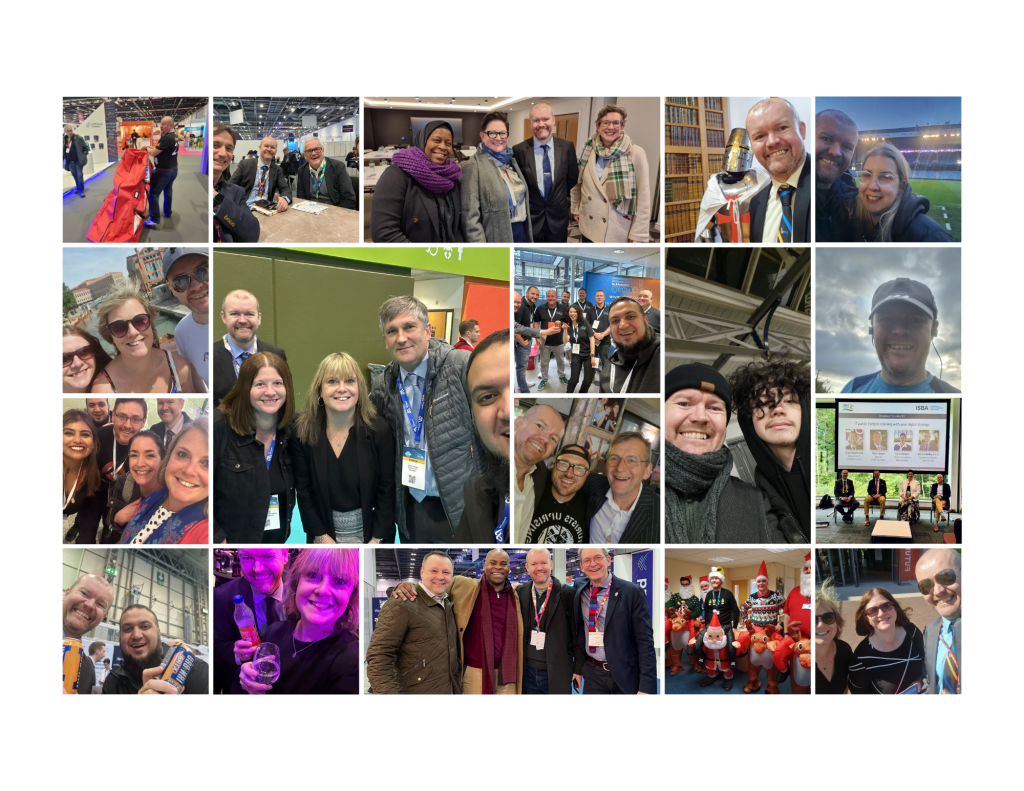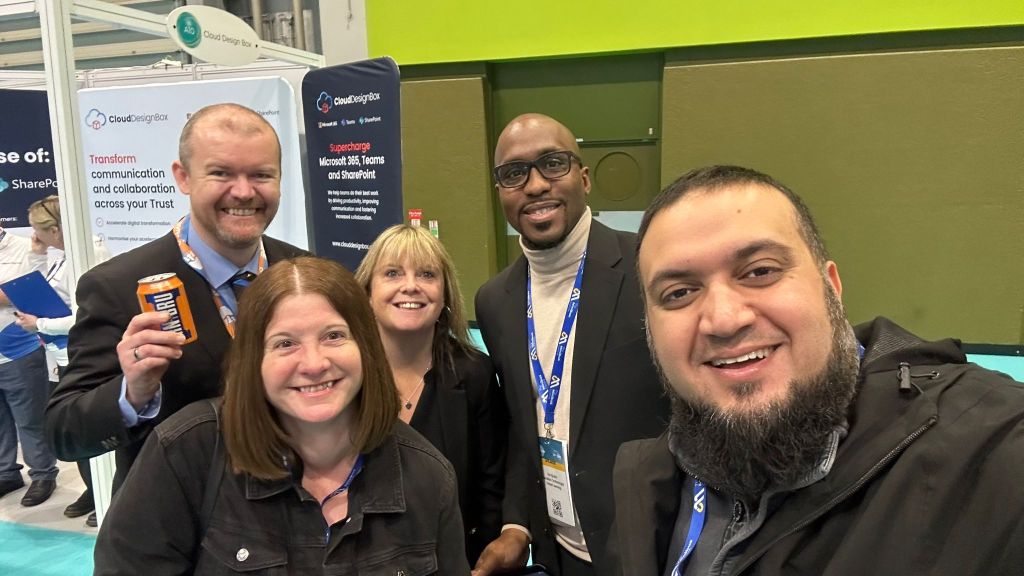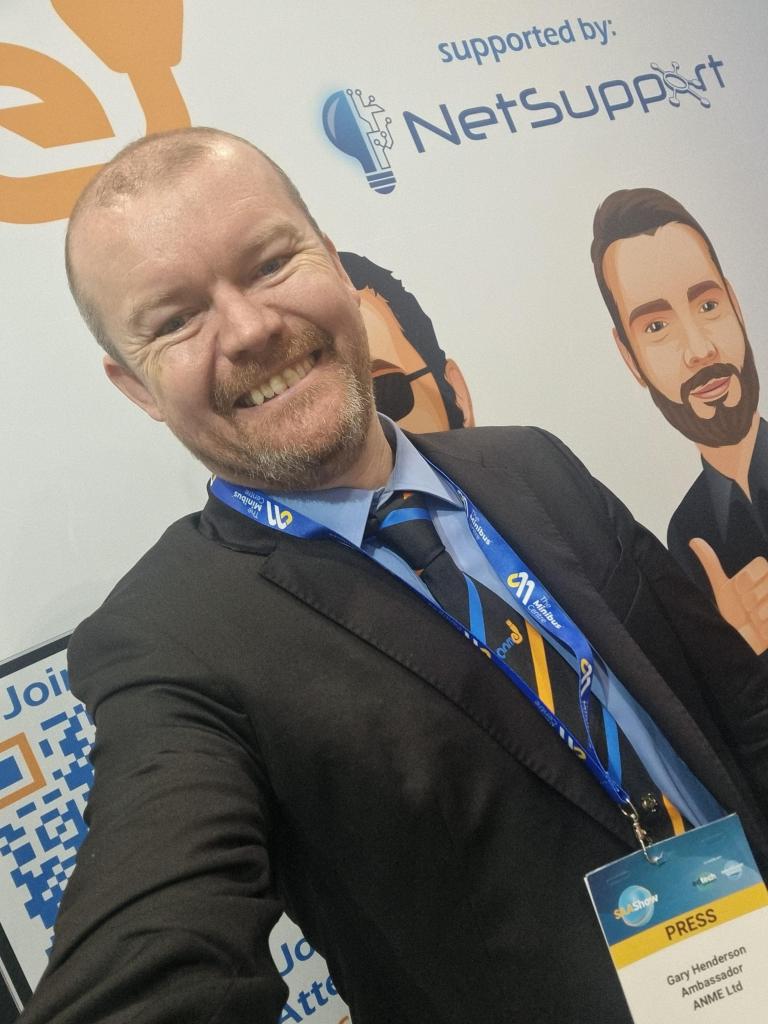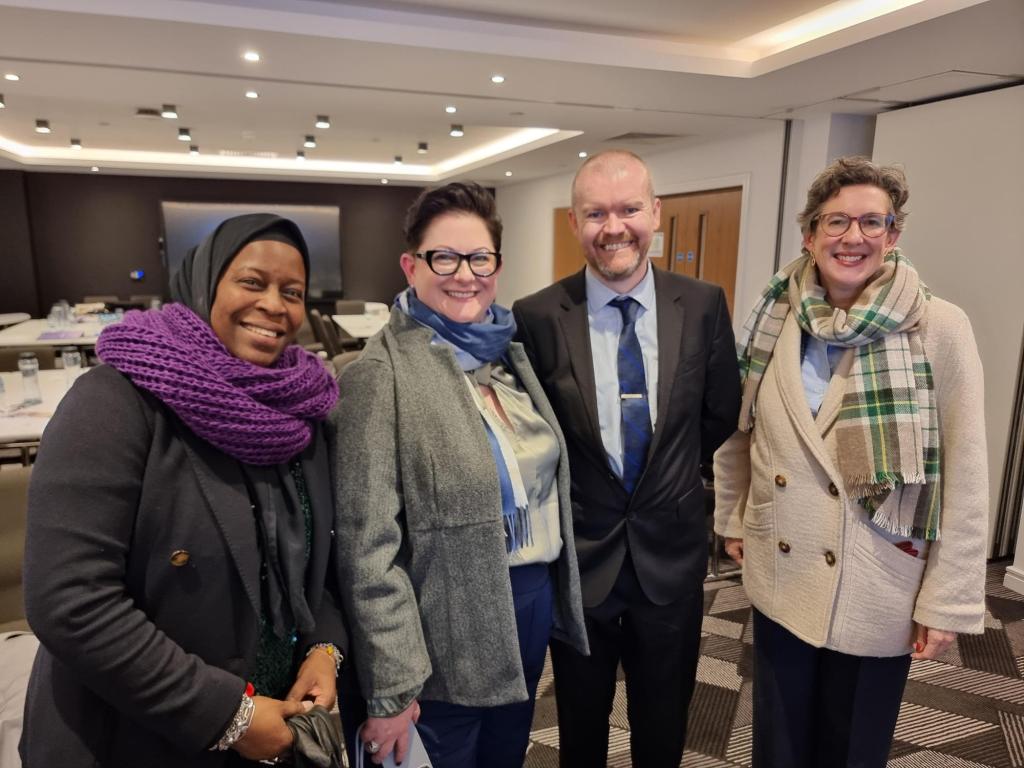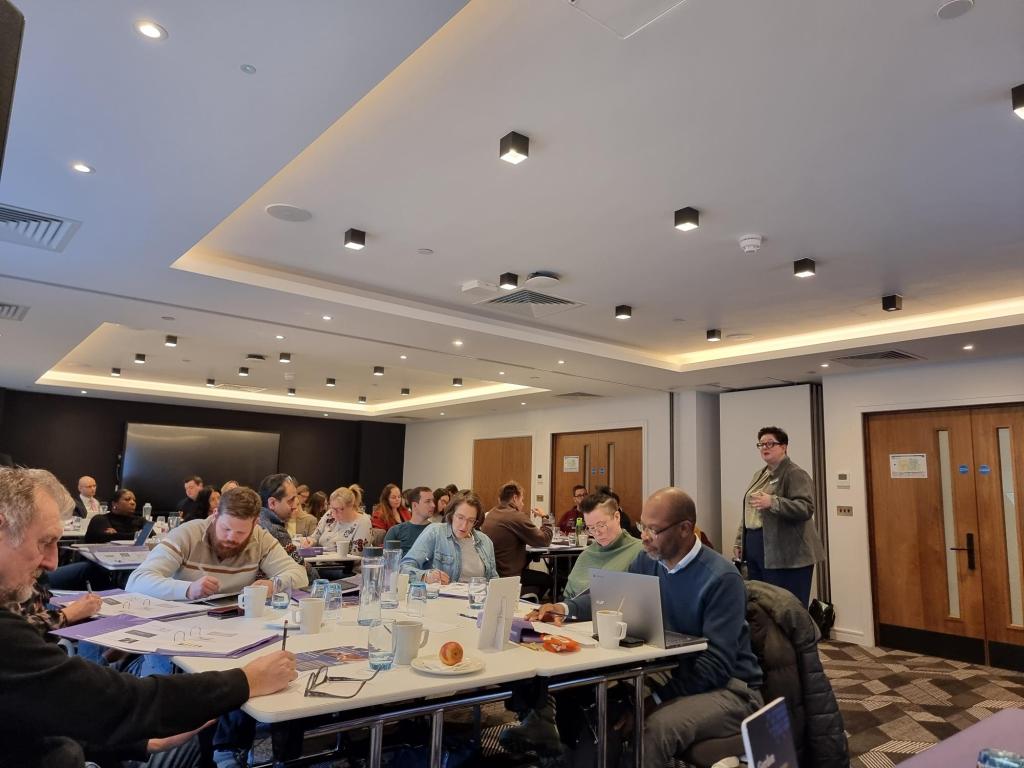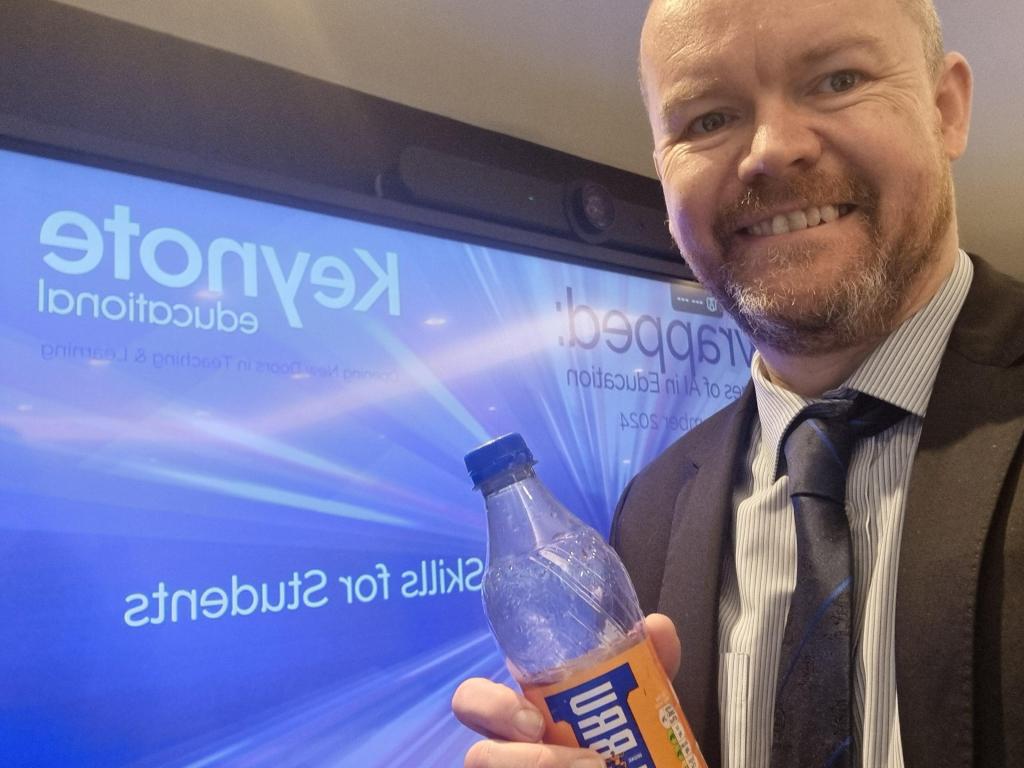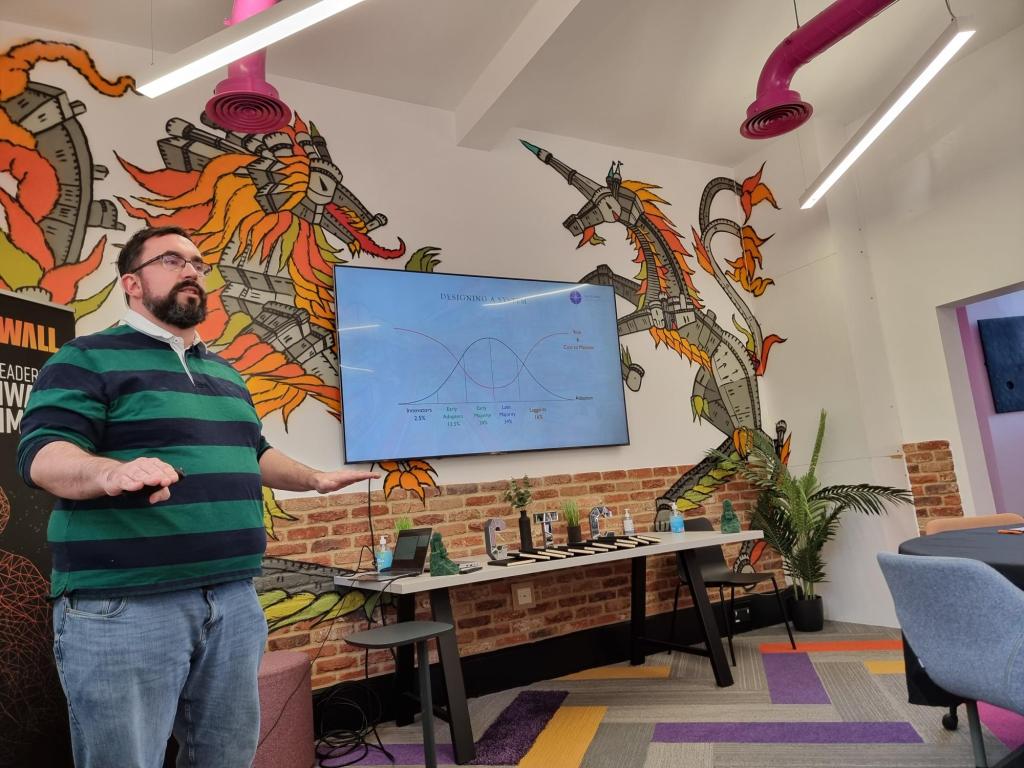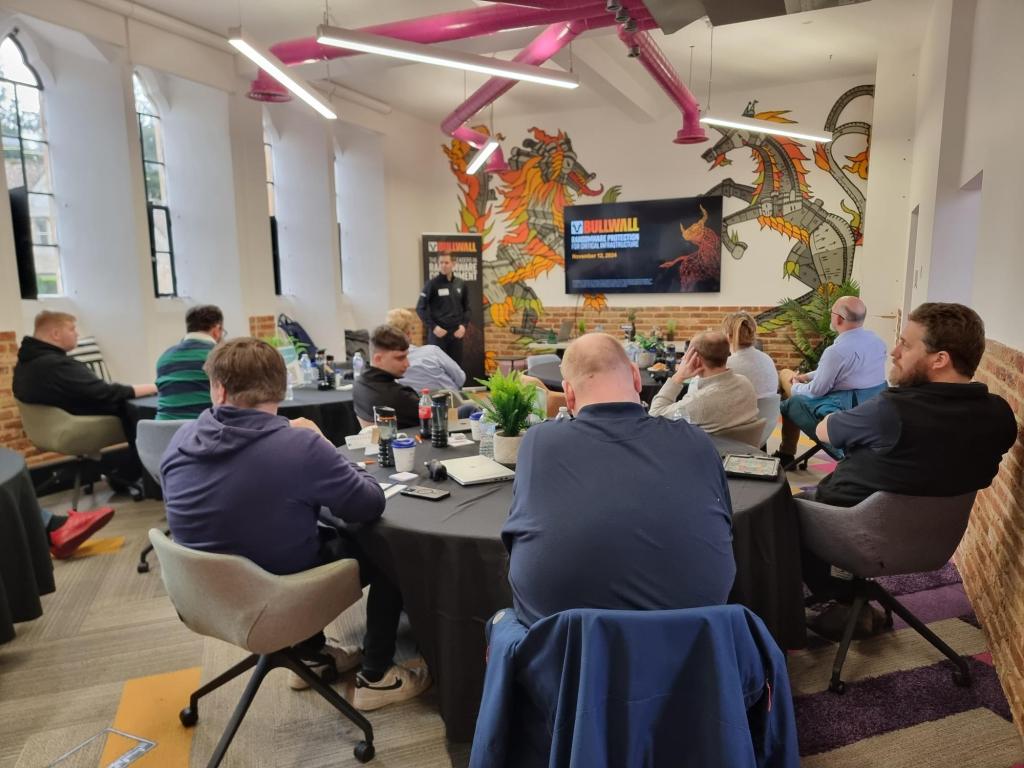
Last week was the BETT conference and the annual pilgrimage for EdTech peeps the world over, to London. Its 3 days of tech conference complete with some excellent speakers, trade stands, events and meetings. For me, this meant three and a half days non-stop with a lot of learning, a lot of sharing and a lot of networking. As I write this on the train home my social battery is very much depleted but the train ride does provide me an opportunity to reflect, albeit I suspect if I were to stop and relax I would be asleep in seconds. And I just wish my laptop was working properly, however it seems to be suffering from BETTLag leaving me trying to write this on an iPad but without a keyboard as I opted for the lighter case rather than the heavier one with integral keyboard. Doh!
So where to start? I suppose the best place to start is with my usual travel woes. Am not sure why I seem incapable of a trip out without some sort of issue however this time was no different. Basically, I arrived at the train station to park my car and get the train to London to find there were no available spaces. With less than10 minutes until the train this didn’t allow for much searching for an alternative place to park the car leaving me no option but to park it on the road, but outside someone’s house next to the station. Am hoping they weren’t too annoyed by my parking where I suspect they would normally park however the lack of spaces, and this is despite me having already paid, left me no real choices. Thankfully after this my journey was reasonably without any further drama except for google maps seeming to indicate I was walking backwards as I navigated from my hotel to the Canva and Edufuturists event on Tuesday night.
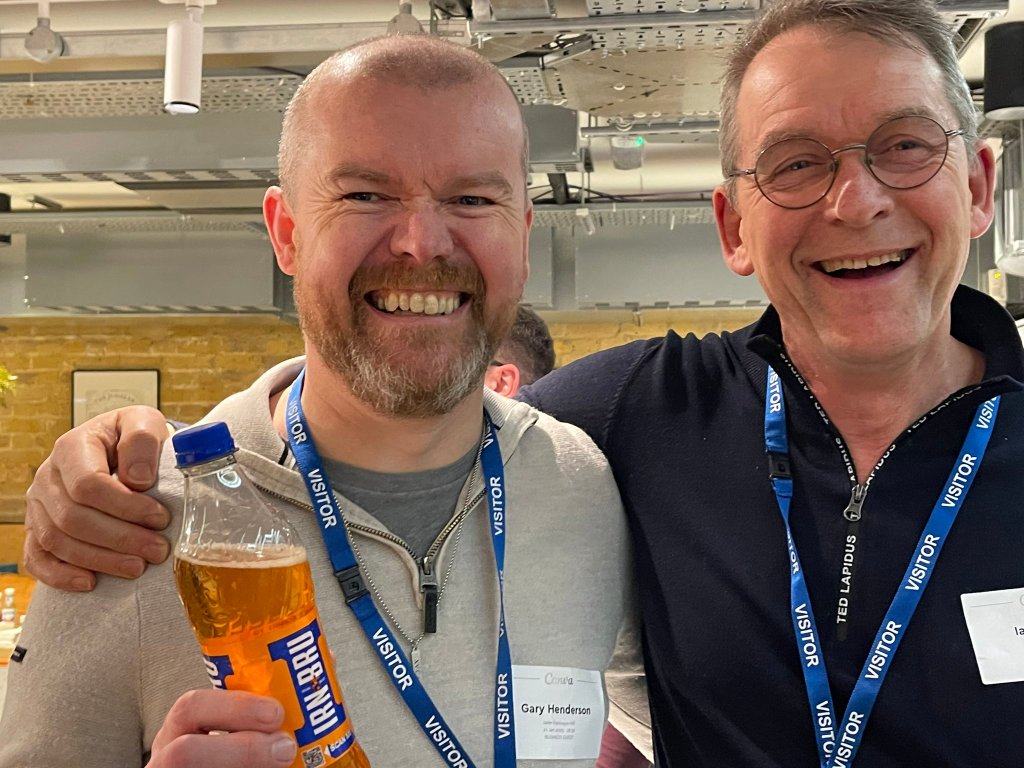
The main thing which struck me from the Edufuturists event was the discussion in relation to culture, and its importance. This is something I have thought to be true for some time and actually something I presented on when interviewed for the post I now hold. The required topic for the presentation, from what I can remember, related to developing a technology strategy and culture, however in my presentation I talked at length about strategy, before bringing it back to culture and how culture underpins everything. A good plan with a weak culture, will remain a good plan but is likely to be poorly implemented, but a poor plan within a strong culture will likely see the plan improved on, driven and developed to positive ends. Culture eats strategy for breakfast. I will note that the Edufuturists event felt a little bit strange being in the nice clean professional offices of Canva, whereas my last Edufuturists event, the UpRising event, was held in a slightly different style of venue. That said, it may also have felt a bit strange as I was to be seen wearing jeans rather than my usual suited and booted look, something that at least one person pointed out to me. I was however equipped with Irn-Bru as normal, so at least some things never change.
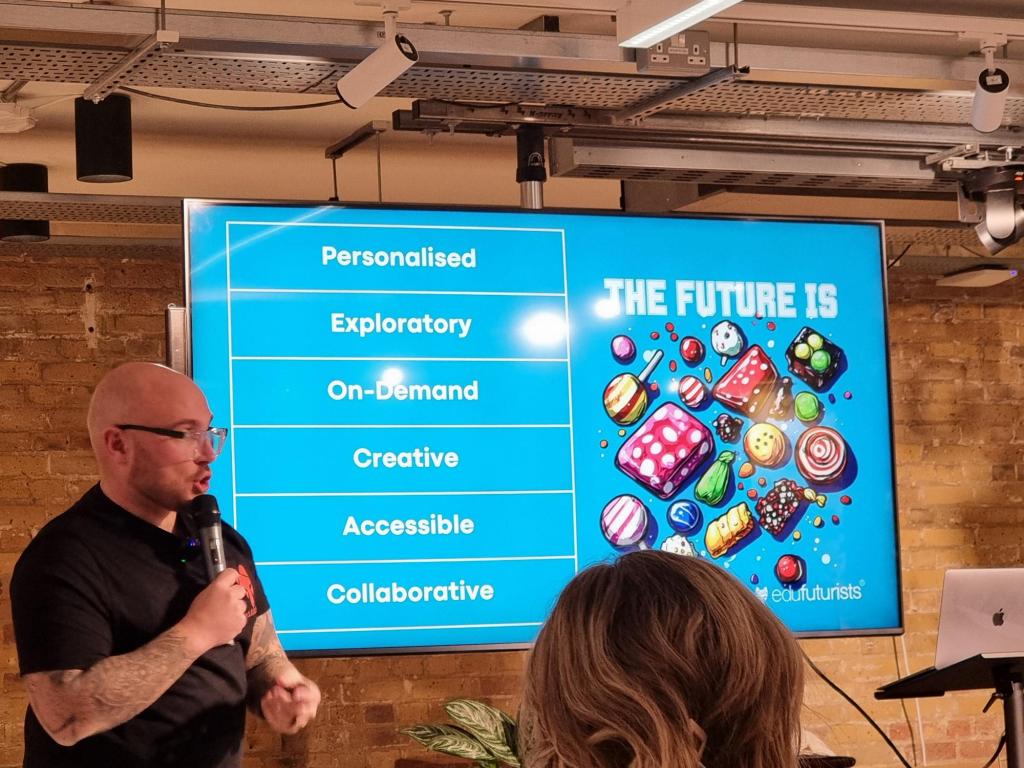
Another thing which struck me in relation to the EduFuturists event was the engagement of those in attendance who all were eager to learn and share, and to do whatever they could to try and drive and support education in its many forms. My phrase of choice is the David Weinberger quote, “the smartest person in the room is the room”, and in the room with the EduFuturists, I felt we were all that much smarter together, and the collaborative culture made for some really interesting and thought provoking conversations. These included discussions on the need for continual learning, on personalisation, on accessibility and more.
Wednesday saw the first day of the BETT conference and I loved the phrase David Verry used in referring to AI as a “weapon of mass production”. The question we then have from that is what such mass production means for us in termly of how it shapes the news, how it shapes our beliefs and identity, what it means for something to be original and much more.
The Rt Hon Bridget Phillipson, the secretary of state for education was next up and it was nice to hear how she emphasised the “power of tech”. There has long been great potential available through technology however to date the situation varies significantly across schools in terms of access to technology, support, training and the other prerequisites needed before we get to actually using technology in lessons. It was therefore nice to hear reference to the need to “close the digital divide” although personally I prefer to refer to “divides” rather than a singular divide given there are so many factors which impact on the disparity in relation to tech in schools. AI was obviously a fair part of her speech, as it was for many others across BETT this year as AI continues to be the shiny new thing being talked about. For me here there is a risk that we are speaking so much more about AI that we are not speaking about some other things such as the basic infrastructure, data protection, training and culture. I also noted a sense that the discussion was very much about AI and teachers, where this is achievable with limited tech in schools, rather than AI with students, and the need for 1:1 devices, where this would require significant investment in devices but also in infrastructure. She also talked about seeking to address an “absence epidemic” however for me, the key here was when she talked about “belonging”, as this links back potentially to the Edufuturists discussion in relation to culture, and for me is likely something significantly bigger than just the education sector, extending into wider society as a whole. I wonder if social media, globalisation, increasing migration for work, etc, are meaning that on average people are feeling a lesser sense of belonging than they might have done in the past? Is the social fibre, the communities of the past, breaking down or at least changing?
Caroline Wright from BESA was up next and her comments regarding the need to focus on the basics, things like infrastructure, training, funding, etc, rather than the “shiniest new thing” struck a cord with me. I continue to be a big fan of the potential for AI to assist teachers, and for it to help reform education for the better of our students and their future, but I also worry that it is the current shiny thing which everyone is talking about meaning we are speaking less about some of the basics we need if we are to truly see the potential benefits.
I then stayed to listed to Sir Stephen Fry before making my way onto the floor of the main BETT show and beginning my meetings, networking, etc, but for now I will leave that for a future post to be shared shortly. My step count to this point was reasonably low but it was never going to stay that way.



